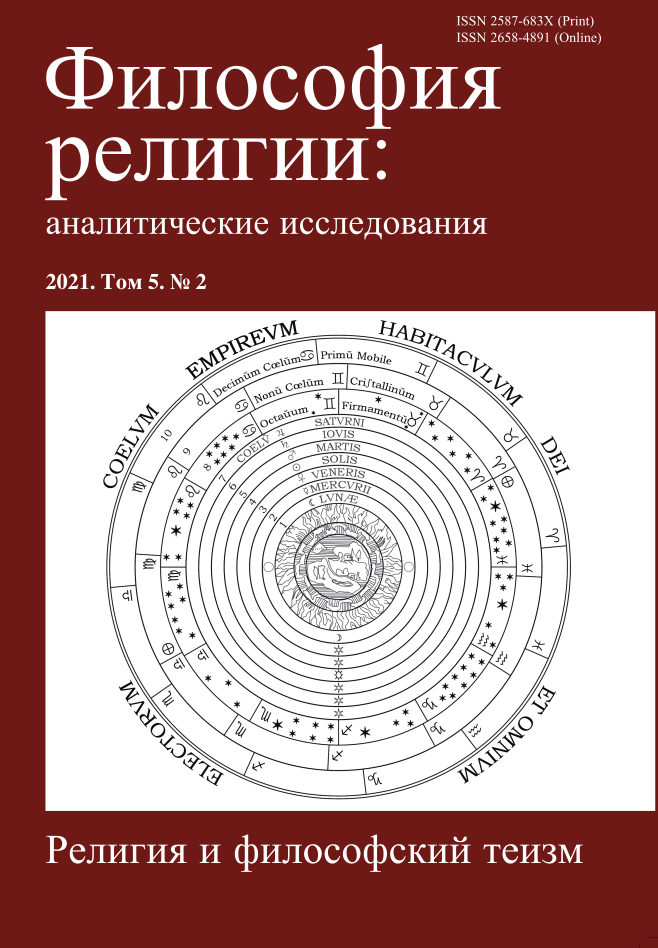Does Meister Eckhart understand what he thinks?
DOI:
https://doi.org/10.21146/2587-683X-2021-5-2-156-164Keywords:
the distinction between thought and understanding, the interaction between feeling and thought, Meister Eckhart as mystic and thinkerAbstract
The article is devoted to the philosophical analysis of the new edition of the sermons of Meister Eckhart, published in Germany. Using the new translation of Eckhart's “Die rede der unterscheidunge” the author discusses a possibility of research of Eckharts legacy not by opposing thought or understanding to mysticism, but rather by clarifying the specificity, distinction and coordination within his thought, understanding and feeling. The arguments supporting the understanding of Eckhart as thinker in grounding him as a representative of European thought without any signs of mysticism are rejected in the article, for the necessary link between thought and cognitivity as well as the incompatibility of thought with mysticism have not been proved. The article demonstrates the other manner of reasoning, proving a possibility of non-cognitive thought, in some extracts from Eckhart at least, which as an expression of feeling (his faith) is compatible in principle with mysticism. Therefore the elaboration of the question whether Eckhart’s thought was indeed cognitive and emotionally expressive seems to be basic for describing his religious uniqueness and solving the problem of his status as thinker. The author’s emphasis on the non-cognitive nature of Eckhart's thought opens up a new perspective for interpreting the legacy of the German mystic, it may serve as an incentive for further research in Russian Eckhart studies.

 This work is licensed under a
This work is licensed under a 
